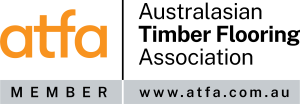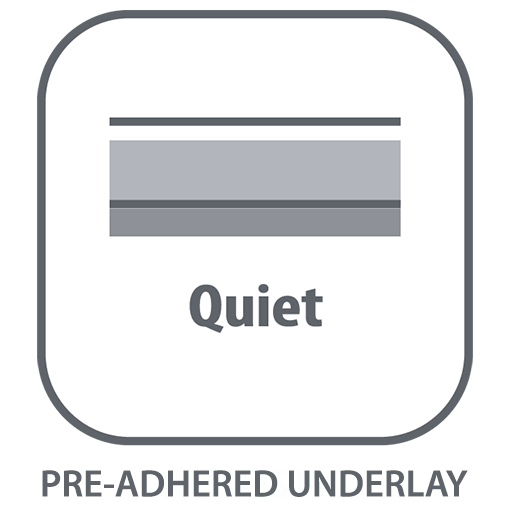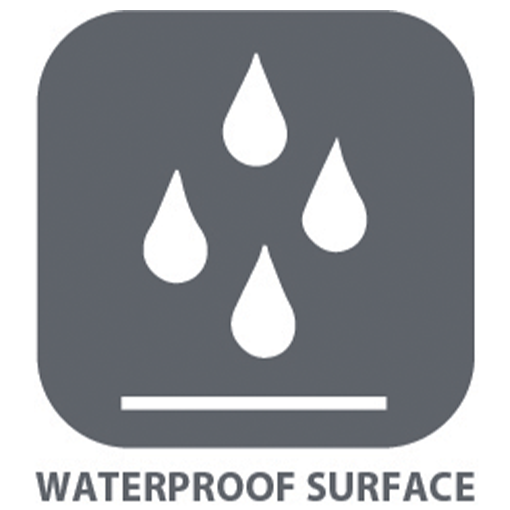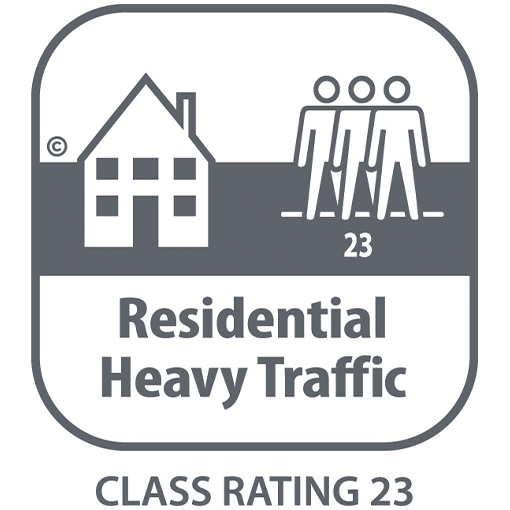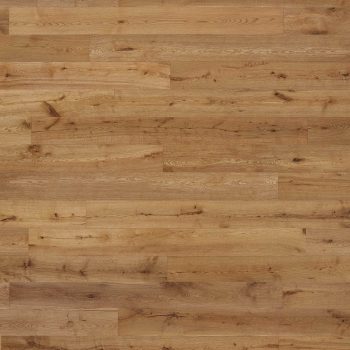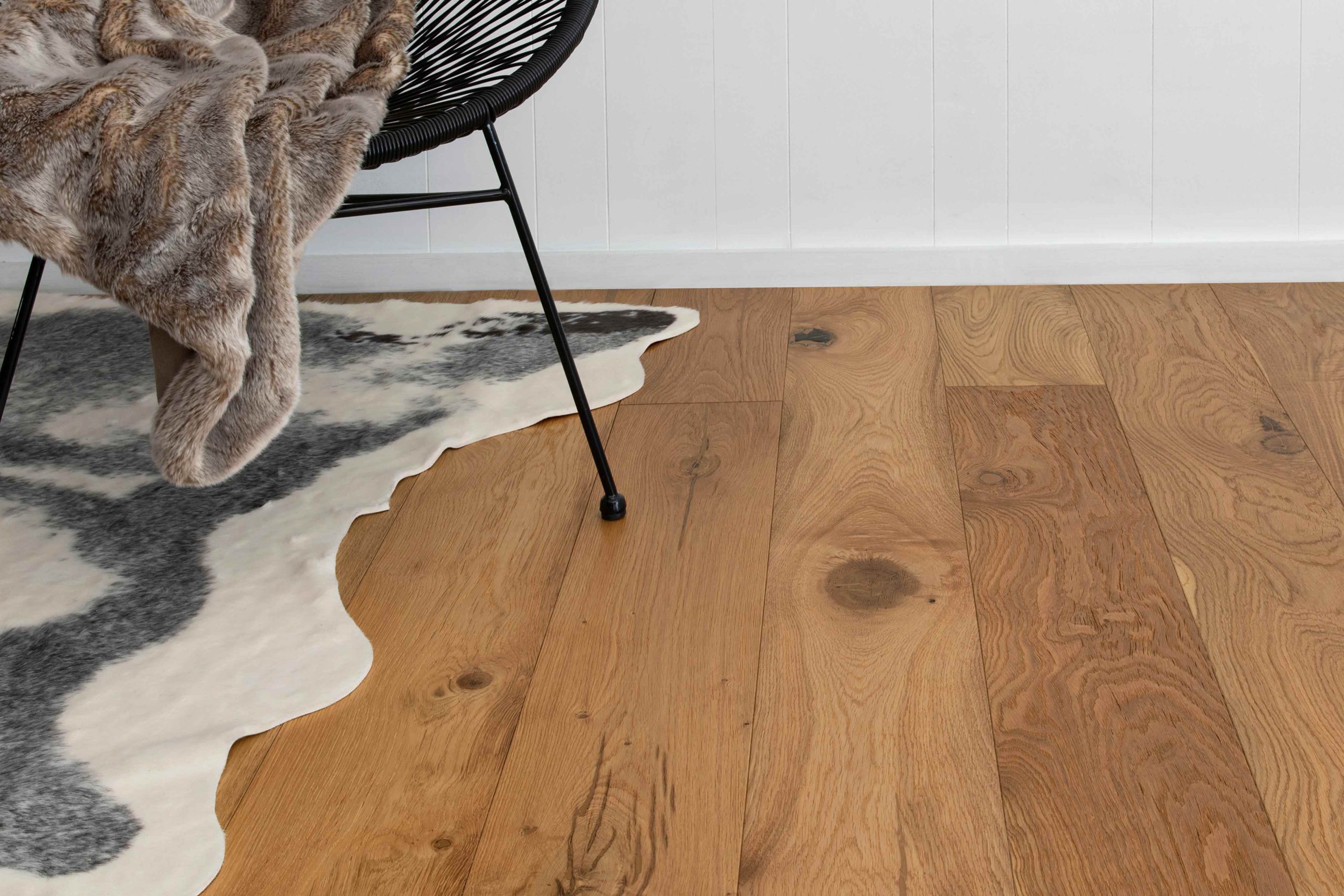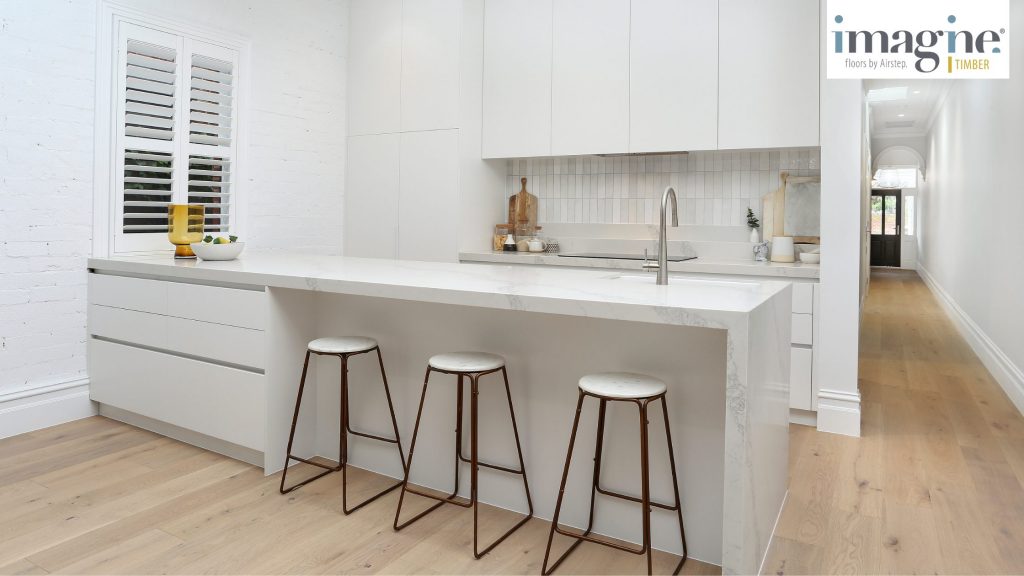
Engineered Timber flooring can add a sense of timeless elegance to any space and is a great environmentally friendly way to make a statement with your floors. Having said that, however, it isn’t perfect for every application – no flooring ever is – so today we’re going over the pros and cons of installing engineered timber floors in your home.
Sidenote: If you’re wondering what exactly Engineered Timber flooring is, head over to this blog and read that first, then come back to have a deeper look at the benefits and drawbacks of this type of flooring.
Or, if you want the condensed version of this article, download our cheat sheet on the pros and cons of Engineered Timber flooring.
The Pros Of Engineered Timber Flooring:
In most cases, the pros of Engineered Timber flooring far outweigh the cons. Here’s why:
Your New Floor Will Be Completely Unique
One of the major aesthetic benefits of Engineered timber is that your new flooring will be completely unique. Because these floorboards are a natural product, their appearance is subject to the variance within the timber that their top layer is crafted from. This means that no two boards will ever be exactly alike so you can make a statement with your shiny new floors and know that they’re as individual as you are.
Engineered Timber Is A Luxurious And Elegant Choice
Most people who select solid hardwood floors do so for the element of luxury and elegance that they can add to a room. Because Engineered Timber flooring is identical to solid hardwood in terms of appearance, you are able to achieve this look – with far better stability – by installing an engineered board instead.
You Get All The Beauty Of Solid Hardwood
Another of the main aesthetic perks of Engineered Timber floors is that they provide all the beauty of solid hardwood floors as their top layer is hardwood.
Significantly Lower Cost Than Solid Hardwood
Although not all Engineered Timber floorboards are significantly cheaper to purchase, if you factor in installation, they are by far the more economical option. This is because installation of your new engineered timber floor can be laid in less than a day without any additional processes whereas installing solid hardwood floors can take weeks depending on how the boards are ordered.
Low Environmental Impact
This is one of the greatest benefits, in our opinion, of selecting engineered timber over solid hardwood. Because only the top layer of an Engineered Timber board is crafted from resource intensive hardwood, the environmental impact of the overall flooring is greatly reduced. This is due to the rest of the board being crafted from trees that grow quickly in a farm setting and the ability to use all parts of a tree, rather than only certain layers.
Comes Pre-Finished
Another massive benefit of engineered timber flooring over its traditional hardwood counterpart is that it comes pre-finished. When solid hardwood floors are installed in a home, they must be finished with a protective layer to help them survive daily life. Unfortunately, the application of this finishing releases VOCs into your home, therefore making your residence uninhabitable while a solid hardwood floor is being installed. Engineered Timber floorboards, however, come completely pre-finished, meaning that they can be laid without any additional interventions which greatly reduces the amount of VOCs that find their way into the air within your home.
Help Reduce Waste
As noted above, Engineered Timber floorboards make use of all parts of the trees they are crafted from, rather than just certain portions. This greatly reduces waste in the production process, allowing you to get better value for your budget while also helping to support our planet.
Range Of Design Options
Because Engineered Timber boards feature a top layer of hardwood, they can be purchased in any design that traditional solid hardwood is available in. This is particularly beneficial for those who have pre-existing solid hardwood flooring that they would like to match.
Installation Is Quick And Easy
Installation is where engineered timber flooring really shines in comparison to its traditional solid hardwood counterpart. Laying a solid hardwood floor requires specialty tools and processes and can take up to six weeks to complete. Engineered Timber floorboards, on the other hand, can be laid in the same manner as any other floating floor, meaning the installation process can be completed in mere hours and does not require any specialised expertise.
Easily Repairable
Because your new flooring comes in pre-finished boards and is laid in the same manner as any other floating floor, repairs are as simple as removing and replacing the damaged board – rather than replacing (or at refinishing) your entire floor.
Highly Stable Flooring Option
One of the main reasons why Engineered Timber flooring was designed in the first place was to combat the stability issues that present with solid hardwood floors. Wood, by nature, is susceptible to changing shape and consistency when moisture is present, and it certainly doesn’t appreciate large variances in temperature from its natural habitat. This, obviously, presents a significant issue when using it as flooring within your home.
Luckily, engineered timber floorboards have successfully overcome these concerns so you can confidently lay them in your home and rest assured that your new floor is stable, no matter what climate you live in.
Boosts Property Value
Style trends come and go but genuine wood flooring is always in vogue. Even if buyers aren’t particularly in love with the colour or style, high quality, natural finishes are always appreciated and they’re only growing in popularity. Because of this, you should be able to expect a comfortable increase in the value of your property upon installation of your new floors.
Does Not Swell Or Warp
Remember how we were talking about the instability of solid hardwood flooring above? Two of the main symptoms of this instability are swelling and warping. Because of the way it is crafted, Engineered Timber flooring is generally not susceptible to this type of damage, making it a far superior option to solid hardwood flooring for use in areas where conditions are in any way unfavourable.
Allergy Friendly
Engineered timber flooring doesn’t collect allergens such as dirt and debris and is inhospitable for mites and fleas. This makes it an ideal flooring material for anyone who suffers from asthma or allergies. The use of Engineered Timber can also assist in improving the air quality in your home, so you’ll have allergen reduction on multiple levels.
Compatible With Under-Floor Heating
Another major benefit to Engineered Timber floorboards is that they are compatible with under-floor heating – a definite perk if you’re chasing that luxurious feeling or simply want to keep your feet warm.
Timeless
The final design benefit to selecting engineered timber flooring is that it is timeless. Wood has been a beloved floor material since humans started building homes and our love for its natural composition doesn’t appear to be going anywhere any time soon.
Lifetime Warranty*
Finally, if all the other pros have failed to seal the deal for you, this one might – All Imagine Floors by Airstep Engineered Timber Flooring features a Lifetime Structural Domestic Warranty and 20 Year Domestic Coating Warranty.
*Although this is the case for all Imagine Floors by Airstep, this may not be true for all brands.
The Cons Of Engineered Timber Flooring:
As noted above, although engineered timber flooring is a wonderful choice for most homes, it is not infallible, and the cons of this material should also be considered. These cons are:
Durability
Being crafted from real wood means that engineered timber floors, although close, will never be quite as durable as Hybrid planks for example. You can still expect your new flooring to last for decades, however, the use of natural materials does somewhat decrease durability.
Cost
Although cheaper than stone or solid hardwood flooring, engineered timber flooring is still more expensive than Vinyl, Hybrid or Laminate options due to the extra material cost that comes with the use of authentic wood.
Water Resistance
Water and wood will never be best friends, so although Engineered Timber flooring is more water resistant than solid hardwood, it is not waterproof like options such as Vinyl Plank or Hybrid flooring are. It is important to note that even with a protective coating, natural wood floors should never be left with puddles sitting on them.
Maintenance Requirements
Natural wood flooring requires more maintenance than synthetic options.
Prone To Scratches And Dents
Unfortunately, Engineered Timber flooring, like hardwood, can be prone to scratches and dents. A properly maintained protective coating can help prevent scratches, but as natural wood is softer than manufactured flooring, it will always be more prone to dents.
Can Fade
You would think that wood and the sun would love each other, but unfortunately, when it comes to authentic wood flooring, UV rays can cause fading. Protective coating can help reduce damage, but additional measures such as using sheer blinds to prevent direct exposure to sunlight should be taken in areas where there is likely to be significant contact.
Susceptible To Bad Manufacturing
Engineered timber flooring, like all crafted flooring options, is exposed to the risks that can come with bad manufacturing processes. Mainly, weakness and VOC leeching.
Imagine Floors by Airstep craft our Engineered Timber flooring from high quality materials and all engineered flooring is CETEC and E1 compliant for VOC emission rate limits, however, we this may not be the case for all brands.
Longevity
One downside of engineered timber in comparison to solid hardwood is that although it will last decades with proper care, it will not last as long as solid hardwood as it cannot be sanded and polished as many times.
Noise Factor
Finally, any authentic wood floor can be on the noisier end of the scale depending on the type of wood and installation method. Imagine Floors by Airstep Engineered Timber Flooring is Acoustics BCA Compliant but this isn’t the case with all brands so be sure to check before purchasing.
Want this information in a compressed, downloadable format? Head over to our cheat sheet on the pros and cons of engineered timber flooring. Or, if you’d like to discuss which of our engineered timber flooring options would be best for your home, get in touch with our friendly customer service team or visit your local Imagine Floors by Airstep retailer.

